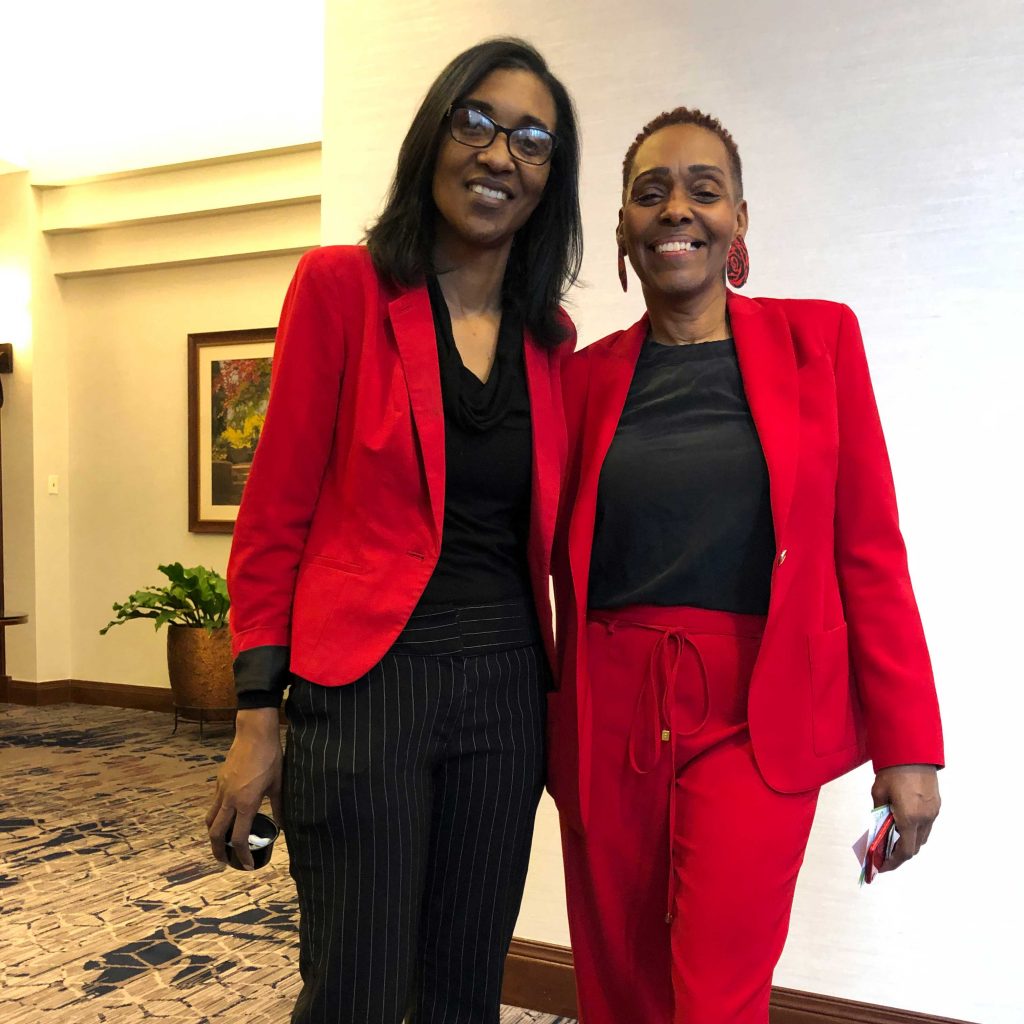Our history
Pink-4-Ever Ending Disparities is a result of the merger of two organizations, Pink-4-Ever, Inc. and R.E.D. Alliance. Read more on the history and the merger of the two organizations.
Pink-4-Ever
In 2008 John Miller established Pink-4-Ever after the death of his oldest sister to breast cancer and during the fight to survive breast cancer of his younger sister, Nadia. He witnessed the impact breast cancer had on his sisters, his family and the community. He also recognized a lack of awareness and support in local traditional organizations and decided to create a movement among the minority community to dispel myths about breast cancer and to create an environment where “it’s okay to talk about it (breast cancer).” John and family members chose the name Pink-4-Ever to reflect the lifelong impact of a breast cancer diagnosis and treatment and of living as a survivor. In creating a breast cancer awareness minority community movement, Pink-4-Ever has maintained a long-standing relationship with the faith-based community—conducting educational programs at churches, participating in health fairs and offering support to families touched by breast cancer. Pink-4-Ever established an emergency assistance fund to provide financial help to women in treatment, particularly women who sometimes have difficulty accessing and receiving help from other community agencies.




R.e.d. Alliance
Trying to form a coalition of stakeholders into a mission-driven, productive organization proved to be a challenge, but after months of meetings the group reached consensus on two things: 1) to name the organization the R.E.D. (Reaching to End Disparities) Alliance and 2) to launch its work by partnering with churches to train breast health advocates to serve in their congregations. The decision to have R.E.D. in the organization name was a deliberate attempt to distinguish the organization from some of the materialistic pink branding that had become associated with breast cancer and to symbolize (through the color red) the urgent need to address the high death rates for Black women. The stakeholders also recognized the need for more research to obtain more information about breast cancer issues in the Indianapolis Black community.
OUR SPONSORS



























What's your reason why?

To educate others about cancer, help someone through the cancer journey.

